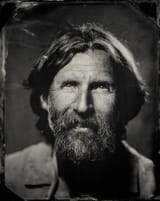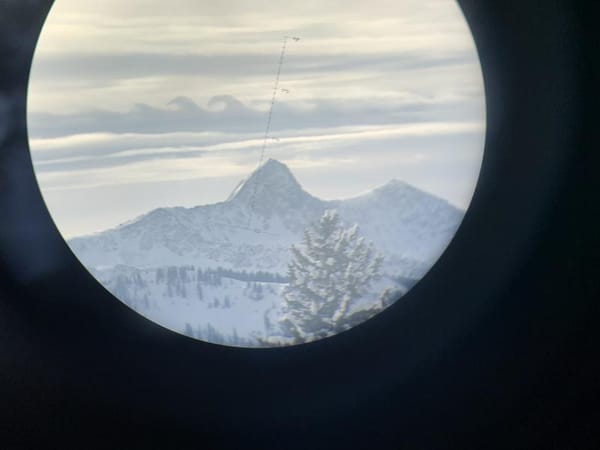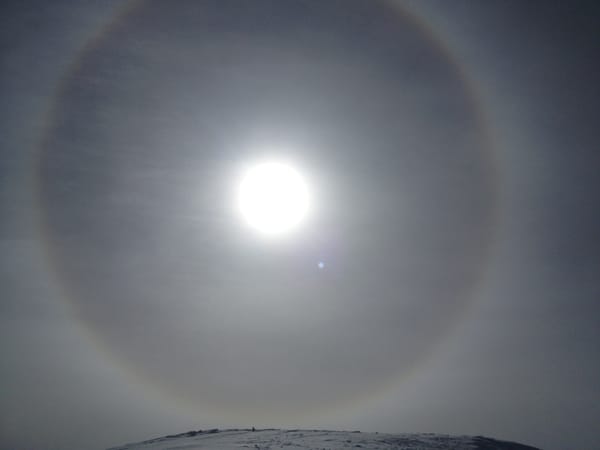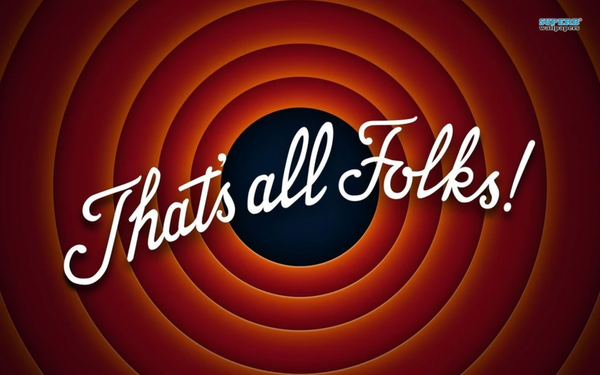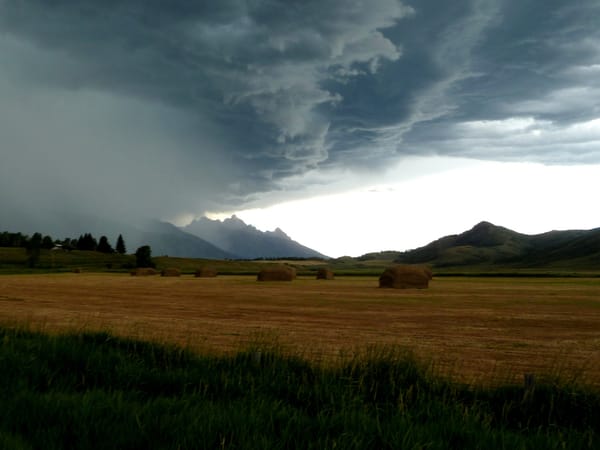Q - Why Are Scientists Such Poor Messengers?

Q - Why Are Scientists Such Poor Messengers?
A - Because They're Trained to Be
Have you read any peer-reviewed scientific papers recently? They are thick on modesty and thin on absolute conclusions. In nearly any paper, you’ll find milquetoast disclaimers, limitations, concessions and more….
- While we acknowledge that…
- This may suggest that…
- Further research is needed…
But does this academic self-deprecation do us any good in a world that has little appetite for capital U Uncertainty or in a world where the public may not be willing - or have time - to do the work? How is it that the public can view a leader who is decisive but decisively wrong to be more impactful than a leader who understands the nuance of the question at hand?

While I don’t think I have a very good answer to those questions, I do know that thinking and decision-making is required and I also know that many see the world in black and white. We want handrails and guidance and “tell it to us straight” because we want to get back to the Packers game. I also know that an uncertain world - one that we don’t fully understand - can be a frightening and humiliating place.

In the winter, I work as a backcountry avalanche forecaster. The job is simple - understand what the avalanche conditions are, make your best forecast on how the weather will impact the avalanche conditions, and then write an avalanche forecast that is accurate, actionable, and easy to digest. How hard could it be? 🤣
We like to say that forecasters get paid to pay attention. And then people laugh. (Always tell them the truth, they’ll never believe you.) But the fact is….paying attention is hard work. It may even save your life. It's true that the public can have a difficult time understanding what “paying attention” looks like. And so when I’m asked (I’ve been asked this more times than I can count ), “Are you working right now?”.... my answer is always the same - “To the untrained eye, it may appear as if I’m not working.”And yet…

As with any forecasting, you are bound to be wrong once in awhile and this guidance, if you will, will have consequences. I’ve written (HERE podcast HERE) and spoken at length about this in the past. There are also situations where you don’t really know how things are going to play out. In other words, your uncertainty level is quite high. Over the years, I’ve felt that being honest (gawd) and relaying this in a clear manner and What to do about that uncertainty has paid off with trust down the line. At least I think it has. But there is a caveat to this: if you say I don’t know too often, then the public will start to wonder if you’re the expert they’ve been told you are.
My good friend Dave Richards has a nice essay in Backcountry Magazine called A Certain Uncertainty. He’s the head of the Alta avalanche office. Required reading?
No question.
